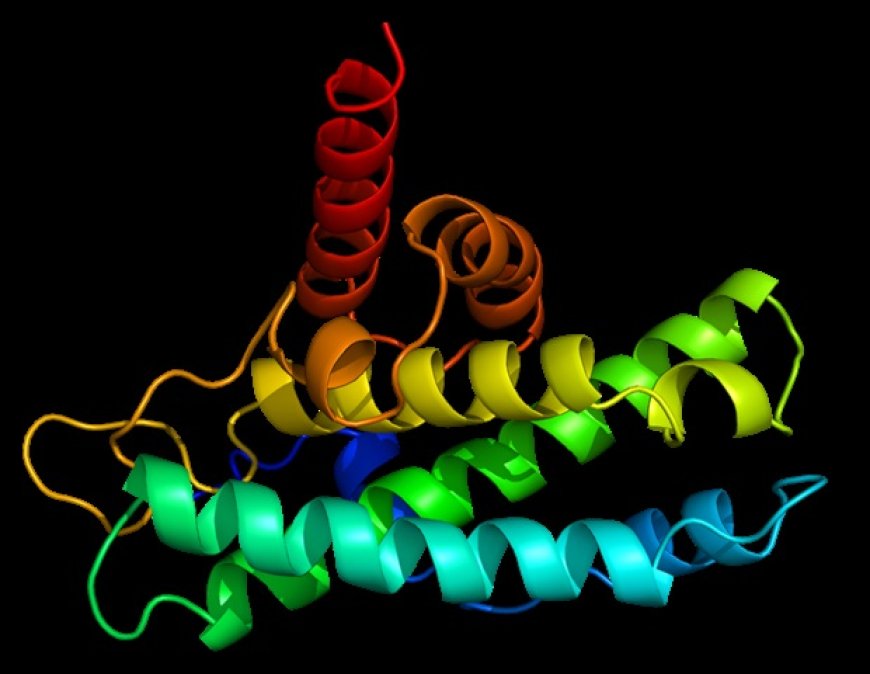Alzheimer's Protein Linked to Lung Cancer Spread to Brain
Researchers from McMaster University and Cleveland Clinic discovered that the Alzheimer's protein BACE1 plays a crucial role in the spread of lung cancer to the brain. This finding suggests potential repurposing of existing Alzheimer's drugs to prevent cancer metastasis. The study, published in Science Translational Medicine, highlights the need for further research to explore this promising therapeutic approach.

Researchers at McMaster University, Cleveland Clinic, and Case Comprehensive Cancer Center have found that a protein linked to Alzheimer's disease plays a crucial role in the spread of lung cancer to the brain. This discovery raises the possibility of repurposing existing Alzheimer's drugs to prevent cancer metastasis.
The study, published in Science Translational Medicine on July 2, 2025, reveals that the protein BACE1 is involved in the development of brain metastases in patients with lung cancer. Brain tumors from lung cancer can affect up to 40% of individuals with non-small cell lung cancer.
Sheila Singh, the senior author of the study and director of McMaster's Centre for Discovery in Cancer Research, stated, \"We've always associated BACE1 with Alzheimer's disease, so to find it playing a major role in lung cancer brain metastases is an important discovery. It's a reminder that cancer can hijack biological pathways in ways we don't yet fully understand.\"
The researchers utilized a cutting-edge gene activation technique called a genome-wide in vivo CRISPR activation screen to make this breakthrough. By activating thousands of genes one by one in lung cancer cells and observing their behavior in mice, they found that activating BACE1 significantly increased the likelihood of cancer cells invading the brain.
BACE1 is known for its association with Alzheimer's disease, where it contributes to the formation of plaques in the brain. The drug Verubecestat, which inhibits BACE1 activity, showed promising results in reducing tumor size and improving survival in mice. Although Verubecestat had shown potential in Alzheimer's treatment, a Phase 3 clinical trial was halted in 2018.
\"The discovery of BACE1 opens the door to repurposing existing treatments like Verubecestat to potentially prevent or slow the spread of lung cancer to the brain, where treatment options are currently very limited,\" Singh explained.
Further research is required to assess the effectiveness of this therapy in halting the spread of lung cancer to the brain. The collaborative effort between researchers from different institutions has shed light on a new avenue for therapeutic intervention that could benefit patients with brain metastases.
The study was supported by various funding sources, including the Boris Family Fund for Brain Metastasis Research, the Canadian Cancer Society, and the Cleveland Clinic Foundation.
What's Your Reaction?
 Like
0
Like
0
 Dislike
0
Dislike
0
 Love
0
Love
0
 Funny
0
Funny
0
 Angry
0
Angry
0
 Sad
0
Sad
0
 Wow
0
Wow
0













































































































































































